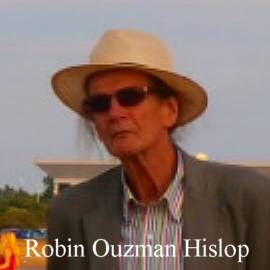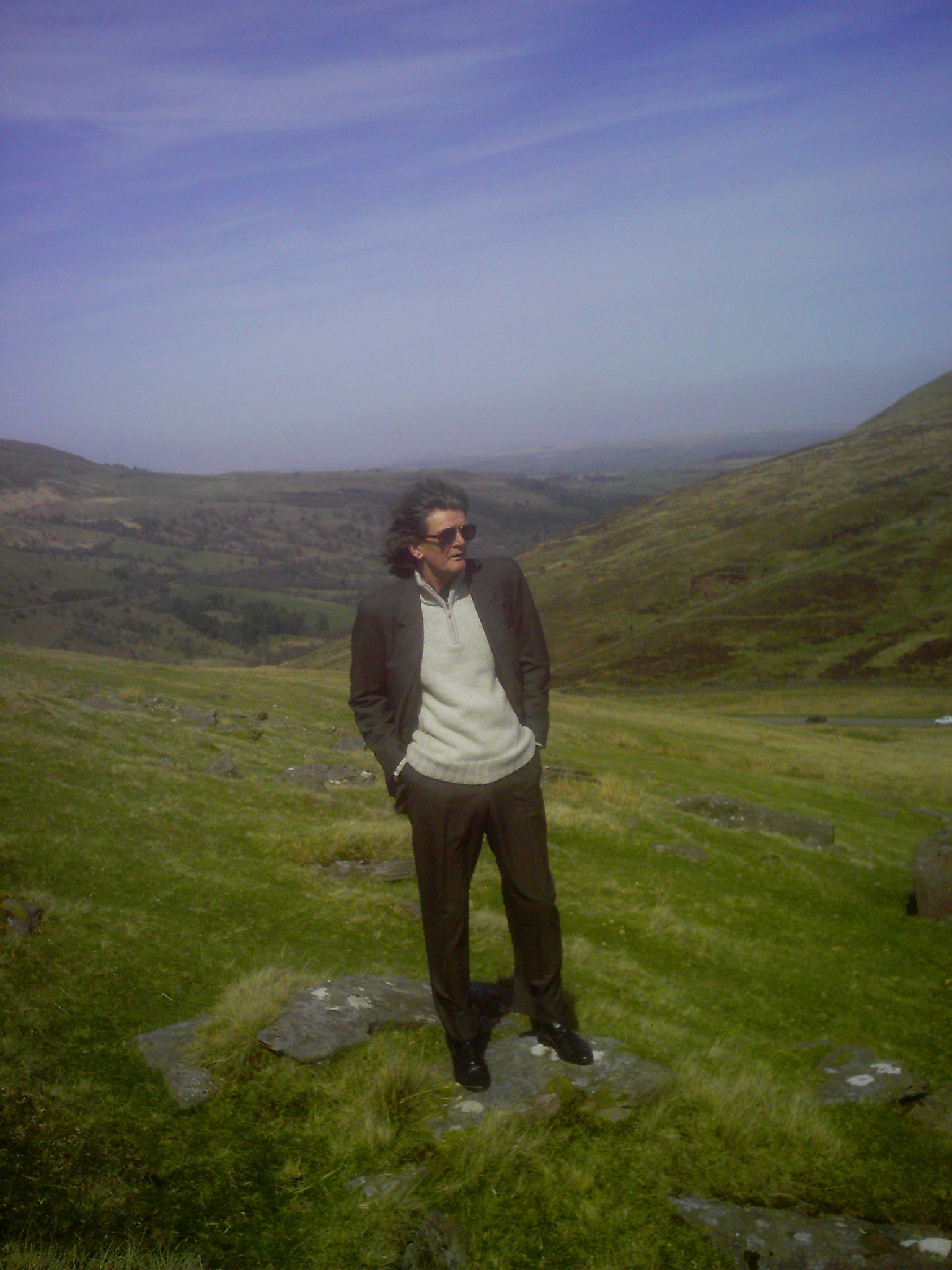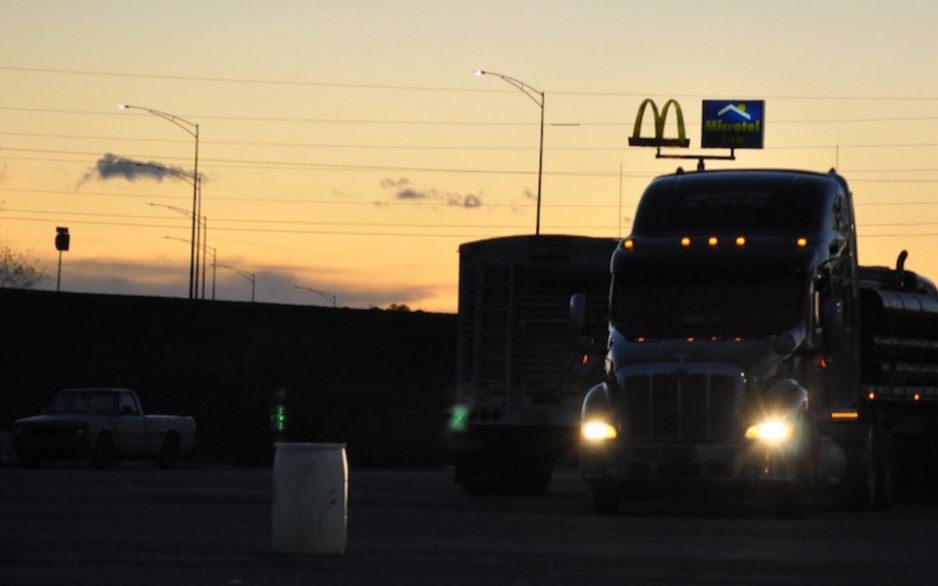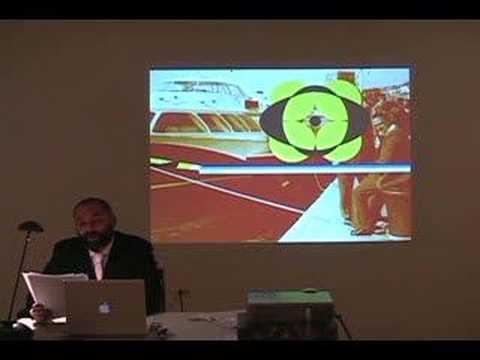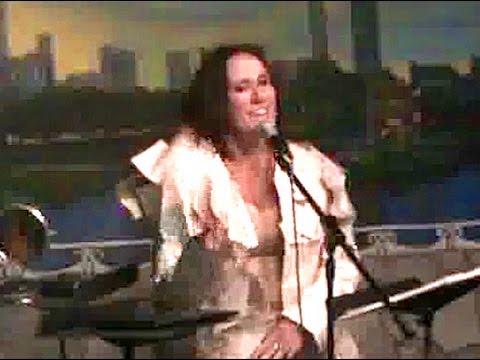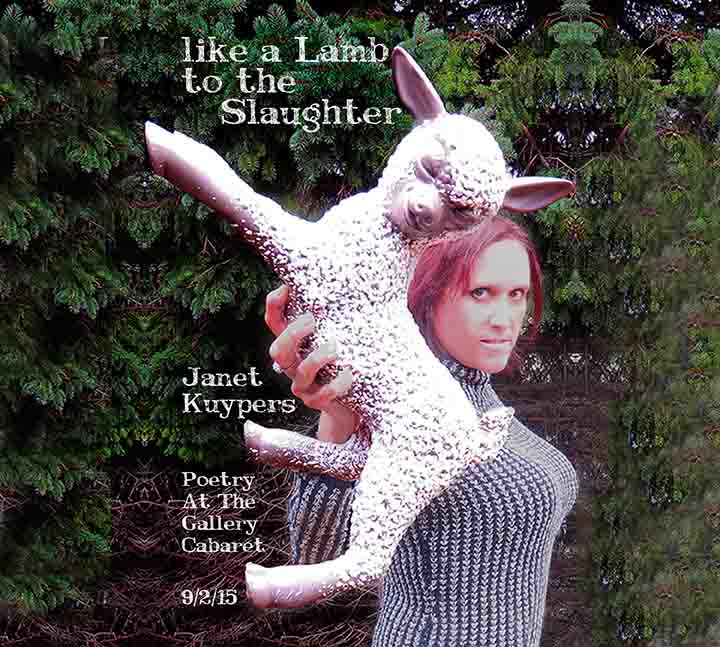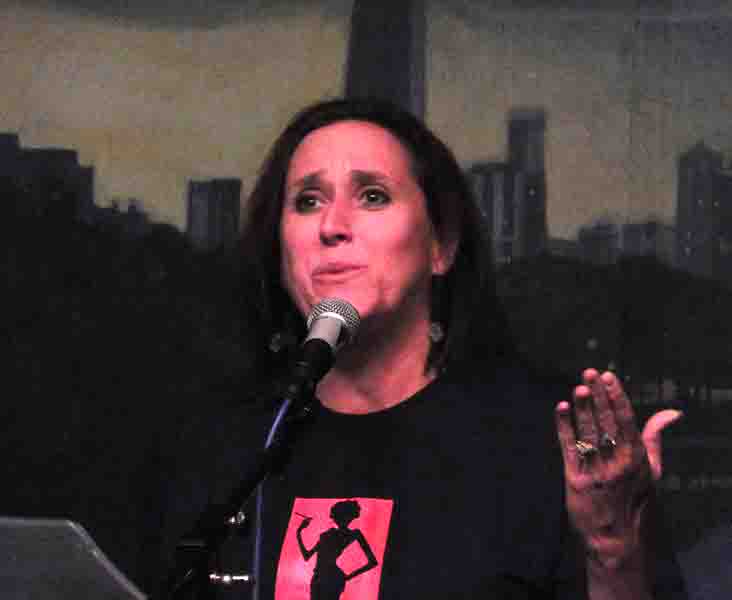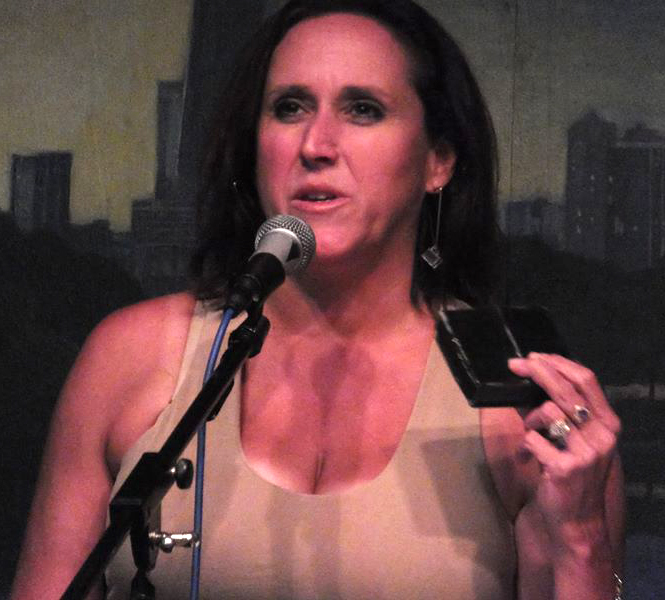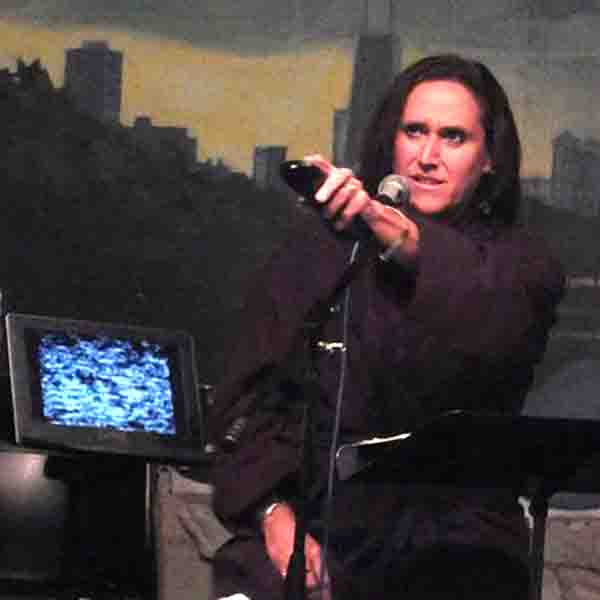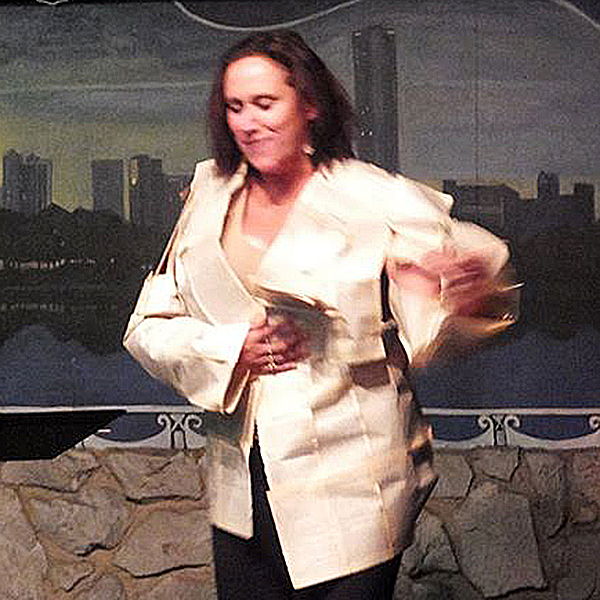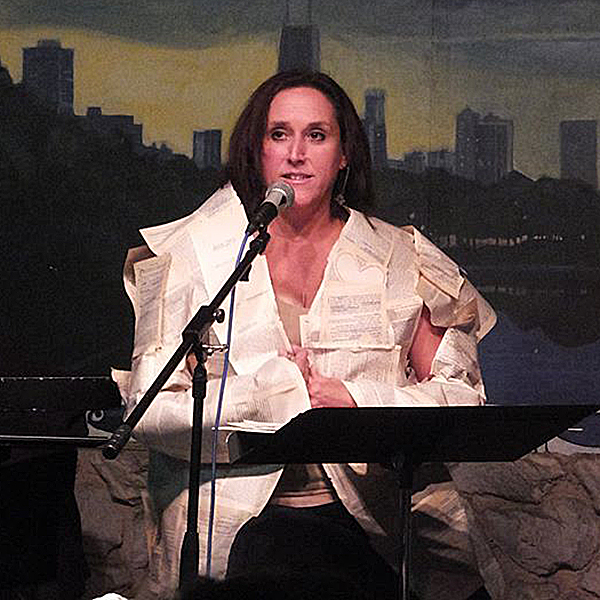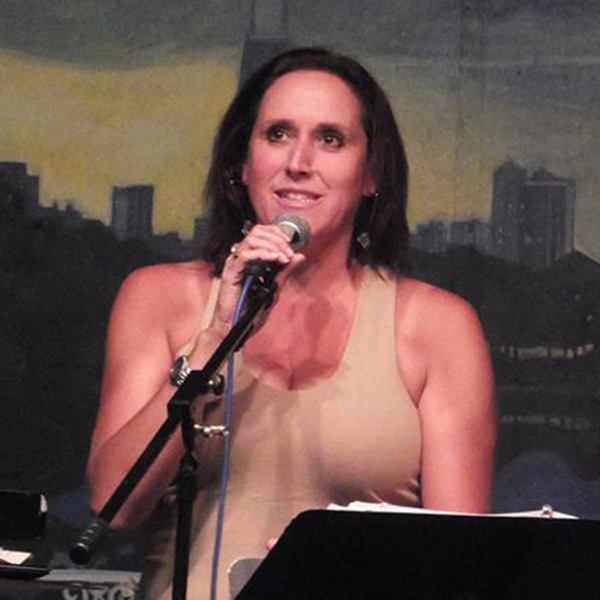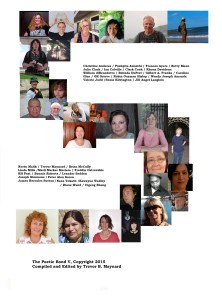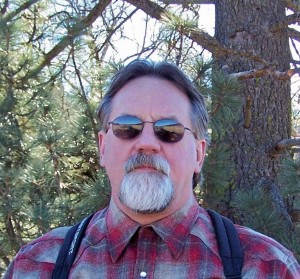Narrow Passage
Davis Ryan’s eyes were two thin slits across his face as he stared down the empty immortal road. They bobbed from the windshield to the steering wheel like a buoy in restless waters, sinking down onto the black wheel only to be picked up seconds later by a nervous kick shooting through his tired body. But when the adrenaline faded, his head drooped, resting on the warm leather. Seconds turned to tens of seconds, and the 16-wheeler lurched over the dotted white line of the highway towards the median. The rough treads on the brink of the shoulder cried out in warning and Davis jerked the wheel right, sending the 50 ton behemoth back onto the road.
Davis’s hands shook as he grabbed a cigarette from its pack, steadied it in his pursed lips, and lit it. He breathed deep and filled his lungs with rich, soothing smoke. He exhaled and took another drag as if it was what his body needed.
After his nerves settled, he dug his phone out of his pocket and checked the time. If he stayed at his current pace, he’d make it to Knoxville in seven hours. Then he’d be home to watch Annabel cross the stage, shake her principal’s hand, and accept her diploma.
Davis had spent most of her life on the road. He’d come back every few weeks and discover she was taller, smarter, and more beautiful than before. She was his life, and he hated being gone, but it was for her. He explained that to Annabel dozens of times during her childhood, but she still cried whenever he had to leave.
Davis reached underneath the leather seat and poked around the metal frame until he heard the familiar crinkle of a plastic bag. He pulled at it, never taking his eyes of the road, till it slipped free. The bag held two pills. They were tablets, eggshell white with a small divot running across the middle. Davis brought the bag up to eye level and sighed.
He bought them from a trucker before leaving Syracuse. He had been clean since Sherrie got pregnant, but figured an occasional pill was better than falling asleep at the wheel. He picked one out and washed it down with the cold, bitter remains of his coffee. He was told they took 45 minutes to kick in, 30 on an empty stomach. Davis knew he could make it. His hands still rattled with residual fear and adrenaline from the near wreck. He leaned over, grabbed the leather wallet laying on the passenger seat, slid a picture of Annabel out of it, and then stuck it in a crevice on the dashboard.
I’ll be there soon, he said.
Davis scanned through the radio channels, finding only static and choppy, garbled rock music. He turned the radio off and thought about what Sherrie’s cousin had told him when he started driving. He said reading could help keep the mind active. It didn’t matter if it was a billboard selling sandwiches or a mile marker.
Davis took a deep breath, readjusted himself in his seat, rolled his bony fingers around the wheel, and settled in for the rest of the journey.
Exit 103A, Davis said enunciating each syllable.
103B.
Shell, BP, Citgo. Exit 105. Three miles.
Davis looked up at a tattered billboard.
Hungry? Tank empty? Tired? Need a shower? Dixie Diner: gas station and rest stop, open 24/7. Truck parking and diesel available. Exit 119. Twenty miles.
His stomach groaned at the thought of food, but he hoped the amphetamines would subdue his appetite, and the billboards would keep him busy in the meantime. He looked back up to a worn sign.
Missing since 8/23, Holly Martin. $50,000 reward for any information leading to her return. Contact findhollymartin.com
The words were written over an enlarged picture of a young girl Davis assumed was Holly. She looked like Annabel did when she was eight. Bright, frizzy blonde hair curled down the side of her head like unraveled rope. Her cheeks were dimpled and peppered with freckles. Her smile was wide and scrunched her eyes, but Davis could still see their color. They were smooth brown like coffee with a splash of milk.
Davis thought about Annabel disappearing. It made him shiver. He wouldn’t let her become another passing face for weary travelers to eye on the dark road. He’d find her, one way or another. He wouldn’t stop searching till he did. He’d quit his job, hire an investigator, sell everything he owned, give up sleep for weeks, he’d do it.
She was an accident, but Davis considered raising her the biggest task of his life. When Sherrie told him she was pregnant, Davis immediately started looking for another job. He spent weeks filling out applications, ironing the one dress shirt he owned, shaking hands, and going through countless interviews. Every time he thought about having a child, his heart raced and he had to light a cigarette just to calm his nerves. But he’d help his child. He wouldn’t let them wander alone, he told himself. He’d be different.
After two months of searching, he was finally hired. Sherrie’s cousin had gotten him an interview for a trucking company driving big rigs across the country. The hours were terrible, the work mind-numbing, but it would pay better than a warehouse.
The blare of a horn shocked Davis back to the road. His truck was swerving across the dotted line. He realigned himself and a white minivan sped past him on the right, its glowing red taillights dissolving into the distant road. It was the kind of car Davis pictured a soccer mom driving, besides the ruined exterior. It reminded him of the moon: pale and riddled with craters.
Davis looked down at the picture of Annabel. Her hair was bursting out from her bright yellow helmet as she rode her new bicycle down the sidewalk. Davis was out of the shot, but he had been right behind her, keeping her centered, ready to catch her when she fell. She didn’t fall though, and with each pump of the pedals, she moved further away from him. Davis lied and told Sherrie how proud he was, but he couldn’t help feeling insignificant. As she got older, he thought of himself as a father less. He knew it was only a few years till she wouldn’t need him for anything, and he’d still be driving a truck.
Davis rolled his shoulders and took three deep breaths. He figured he would be feeling something at this point, but the weight of his eyelids grew. He grabbed the bag and pulled out the other pill. He snapped it in half and swallowed each piece with a buildup of saliva, wincing as the chalky taste crawled through his body.
He passed another sign for the Dixie Diner. It was coming up on the right in 12 miles. His stomach moaned and he realized he hadn’t relieved himself in hours. He needed gas too. I’ll pull over, piss, grab some coffee, fill the tank, and be back on the road in 15, he said to himself. He looked at Annabel.
I won’t be late.
The exit winded off the interstate in similar design to a crescent moon. Davis followed the road until he saw the store’s lights beaming in the dull sky. He yawned and turned into the diner.
The brakes hissed as his truck came to a stop beside a gas pump. Davis checked his phone again.
Fifteen minutes, he said.
He grabbed his wallet and climbed down the metal step attached to the truck’s frame. He stretched his arms above his head, pulling muscles and tendons, and popping joints. He expected his limbs to be stiff and sore, but they were almost numb. He felt weaker, light-headed, and the pump felt heavier. The smell of diesel fuel pouring into the truck made him nauseous. Davis thought it had been too long since his last smoke, and headed toward the buzzing lights and faint music of the diner.
The hair on his arms stiffened in the early morning air as he thought about the tablets digesting in his stomach. He lit a cigarette, drew on it, blew smoke out of his nose then mouth, and spit onto the pavement. The energy and focus he had been promised was a lie. He didn’t blame the trucker who sold him the bad pills though. Davis figured he was no different than himself. He was just trying to make some money like everyone else.
Out front, cars were lined across the parking lot, packed close to the diner. He watched a father stretch outside his car as the mother trotted hand-in-hand with her children into the restaurant. Davis envied them. He never had the luxury of a road trip as a child, and couldn’t provide one to his family as an adult. He imagined the father was some executive at a company who decided the fate of thousands beneath him and could still make time for a vacation. His kids probably looked up to him.
Another car pulled into the lot as Davis was finishing his cigarette. It was a white van with dents along its body. A woman was driving. In the passenger seat was a girl sleeping, using the seatbelt as a pillow. The woman stared at the girl then Davis before stepping out and locking the van. She gave the parking lot a quick glance before heading towards the doors. Davis tried not to stare, but she mesmerized him, and he felt like he’d miss something if he looked away. She wore a wrinkled blue shirt, jeans, and her black hair was pulled back into a messy bun.
Morning, Davis said.
Morning.
Davis pulled the door open and the woman thanked him as she walked in. After a moment, he realized why the woman captivated him so much. She reminded him of his mom. Davis puffed on his cigarette and took a deep breath.
For a long time after his mom left, Davis thought he hated her. He’d get so tense thinking about her he couldn’t sleep at night without stealing one of his dad’s cigarettes. It wasn’t until he graduated high school that he realized what really bothered him. He had been rejected. She didn’t talk to him, or apologize, or even say bye. She just left.
He peeked in at the woman through the glass doors. The golden hoops dangling from her ears swayed as she walked through the half-aisles. She looked back and Davis jumped away from the door. He took a final drag, flicked the cherried butt into the parking lot, and walked in.
The droning fluorescent lights made his eyes ache, and music, entwined with the voices of the nearby restaurant, engulfed him. The sound filled his ears with the same fury as a gunshot. He took another deep breath. He would’ve lit a cigarette if he could. He squinted and headed towards a sign that read restroom. With each step his legs felt weaker. The woman was waiting outside the lady’s room. Davis gave her a mechanical nod and walked into the men’s room.
After relieving himself, he washed his hands and looked in the mirror. His brown hair was greasy and matted, his face was pale and shined with oil, and his pupils were two black marbles. He leaned over, splashed water in his face, and dried himself with a handful of brown paper towels before staring back at his reflection.
I’ll get through this, Davis said to the mirror. I just have to stay calm. I’ll be fine. Just a few more hours and I’ll be home. I’ve handled worse. I can do this.
Davis cupped his hands and lapped water from the faucet.
The woman was gone when he came back out. Davis sighed and hurried to the coffee pot. Steam fogged the top of the glass and beads perspired down its side. He had to concentrate to keep his hands from shaking as he poured. He put a lid over the cup, peeled back the plastic tab and let coffee spill down his throat, but he could barely feel the heat. He fixed the tab and walked to the woman behind the register.
$2.87, she said.
Davis pulled a wrinkled five dollar bill out of his wallet and handed it to her without making eye contact. The register dinged and coins sloshed in the till. The woman plopped two bills and change into his outstretched hand. Davis stuffed the money into his pocket.
Have a good morning, she said.
Davis nodded and headed for the door, fishing a cigarette out of his pack.
Before he could pull a lighter out, he saw the white van’s cabin lights flip on as the passenger door opened. The girl came stumbling out of the car and started running towards Davis. Her sobbing seemed to echo across the parking lot. Davis held out a hand and motioned for her to stop, but she wrapped herself tight around his leg, shuffling him back and sending coffee splashing onto the ground behind him.
Help, help, she said. I don’t know where I am. Please. I just want my mommy, she said, but her words were muffled by Davis’s jeans.
Davis stared down at the body squeezing his leg, then looked around, praying for someone to come help. He slid the cigarette back into its pack.
Everything’s going to be fine, he said with a stutter. I think your mom just ran inside to use the restroom. She’ll be back out in a moment.
He grabbed her shoulder with his empty hand like he wasn’t sure if she was hot, and peeled her off his leg. She looked up at him and his heart dropped. She had curly blonde hair, freckles, and eyes the color of his coffee.
Holly? Davis said.
Before she could answer, the door behind Davis swung open and the black haired woman raced through. She scooped the girl up as if Davis wasn’t even there.
Don’t you ever leave the car without me again, you understand? the woman said. Something could’ve happened to you. Would you like that? Would you like to get hurt?
The girl pushed away, but the woman forced her closer to her chest.
Is that your daughter? Davis said.
The woman looked at Davis and turned her shoulder, sheltering the girl from his view. Her eyes sharpened and she took a few seconds before speaking.
Of course she’s my daughter. Who else would she be?
The woman looked around the parking lot like she was expecting turmoil.
Thanks for not letting her get far, but we’ve got to get going.
The woman hurried back to her car, scolding the child the entire way. Davis looked around again.
Was that her? he thought. Was the billboard old? Why would someone treat their daughter like that? Why did she threaten her? Why was the girl so scared?
Before he could ask himself any more questions, the van’s engine sputtered to life and started to roll away. The sight of the taillights against the dawn made Davis anxious and Annabel entered his mind.
He’d want someone to help her. He’d want someone to bring her back to him. He thought about the billboard’s reward. If this really was Holly then he was watching 50 grand drive off. He didn’t need money, but Annabel would. She’d get accepted to every college she applied to, but she couldn’t pay for it. Neither could he. Even with scholarships, she’d be paying student loans for years. But he could save her. She’d realize how important Davis was in her life and that he’d always been there for her. He’d know just how much he meant to her, and she’d never let him forget it.
Davis stumbled back to his truck. He ripped the pump from the truck’s tank and slammed it back into its holster, his arms strengthened by adrenaline. He climbed back in and twisted the key in the ignition. The engine roared as he feathered the pedal. He choked down half of his coffee and put the cup in the slot on the dashboard.
There wasn’t anything else out here beside small towns. She’d have to be on the road for a while, he thought. She couldn’t be too far either.
Davis looked at the picture of Annabel.
I’ll still make it, he thought. It’s for her after all. I’ll still make the ceremony. I just need that license plate. Then I’ll let the police handle it. I’ll be there.
Davis shifted the truck into drive.
It’s for her.
Davis crushed the pedal with his foot and the truck roared, accelerating into the budding morning. He turned onto the interstate as the diner shrank to nothing more than a glare in his mirrors. The cabin shook and the picture of Annabel fell to the floor mat, but Davis didn’t notice. His eyes were focused on the road. There was no sign of the van or its taillights in the distance. Davis pushed the pedal down further. The truck howled and picked up pace.
Davis’s eyes shut and he saw Annabel’s crib. He watched her pudgy limbs squirm, her tiny fingers grasping at nothing.
Davis snapped forward in his chair. He had only been out for a second. In the distance he saw a faint glow. As he got closer, he realized it wasn’t attached to a car. It was the start of a neon red river, like the van had left two visible tracks of light to be followed. Davis knew the tracers were a hallucination, but they had an origin. He crossed to the left lane, chasing the brilliant rails of light.
His hands felt weak gripping the steering wheel. His arms were numb and he twitched his fingers, but they lagged behind his mind.
Davis cried out into the morning, damning whatever drug he had taken, but he couldn’t stop now. Every inch of the glowing trail taunted him. He felt Annabel’s money slipping away as the sun crept out from the rolling hills surrounding him. He plunged the pedal down. His eyes scanned the road, desperate for the beginning of the twin blazes.
The truck sped up an incline, still locked on the fine red course. At the hill’s peak, Davis saw the light’s source. It was small in the horizon, but Davis recognized its shape. Relief washed over him. He could still see Annabel graduate, and have her tuition. His whole body ached with exhaustion and his eyes were now just black specks, but he didn’t stop.
He was sure he could overtake the van. He looked for his picture of Annabel, but couldn’t find it. It was now underneath his left foot. Davis yawned and shut his eyes for a moment. He saw Sherrie, scrunched next to him in a crowded row of gymnasium bleachers. His eyes flashed open, then shut again. He saw a line of figures, clad in crimson and moving towards a stage. His mind returned to the road, but his vision blurred. He heard scattered applause fill the truck’s cabin. He leaned forward and his eyes met the black leather wheel. A woman’s voice announced Annabel Ryan, but Davis couldn’t see the stage. A final surge rolled through him. Davis sat back, his body shaking, and tried to lift his eyes, but they continued to descend.
I’m sorry, he muttered.
His eye lids fell again, became stone, and neither Davis’s will nor his love of Annabel was enough to budge them. He fell back into his chair, but his foot remained planted on the pedal. His body swayed back and forth, held up only by the seatbelt.
The truck veered towards the median. It roared over the tread, but that would no longer be enough to wake Davis. The truck collided with the concrete median, recoiled, and barreled towards the metal railing to the right. It tore through the metal and crashed into the valley below. The sound of crunching metal echoed through the forest, scattering a nearby herd of deer. The engine died and smoke billowed from the truck’s hood. Emergency vehicles would arrive in 30 minutes.
Davis’s body was mangled. Color drained from his face as he made a final convulsion, still wrapped tight by the seatbelt. Organs pierced by shattered ribs poured blood into the recesses of his body. Blood trickled down a steel girder jutting out from his chest. The blood pooled onto the floorboard, eventually floating the crumpled picture of Annabel between his crippled legs.
All was quiet when the woman finally arrived. She had watched through her rearview mirror as the truck careened off the road, and in a panic that had woken the girl, looped back around. The police had told her to stay and wait for them. They would arrive in about 15 minutes. She ran her hand across one side of the gnarled railing now hanging in air like an old branch. She moved closer to edge, gripping the cold metal, and watched for any semblance of life. Nothing stirred below. As she stood in the wrenched threshold, the girl opened her door and looked back at her.
Mommy, the girl said. Come back, she said.
The woman turned and walked back to the car. She kissed the top of the girl’s head.
I’m sorry baby, the woman said. Everything’s fine. I’ve got you. Don’t worry, we’ll be home soon.
